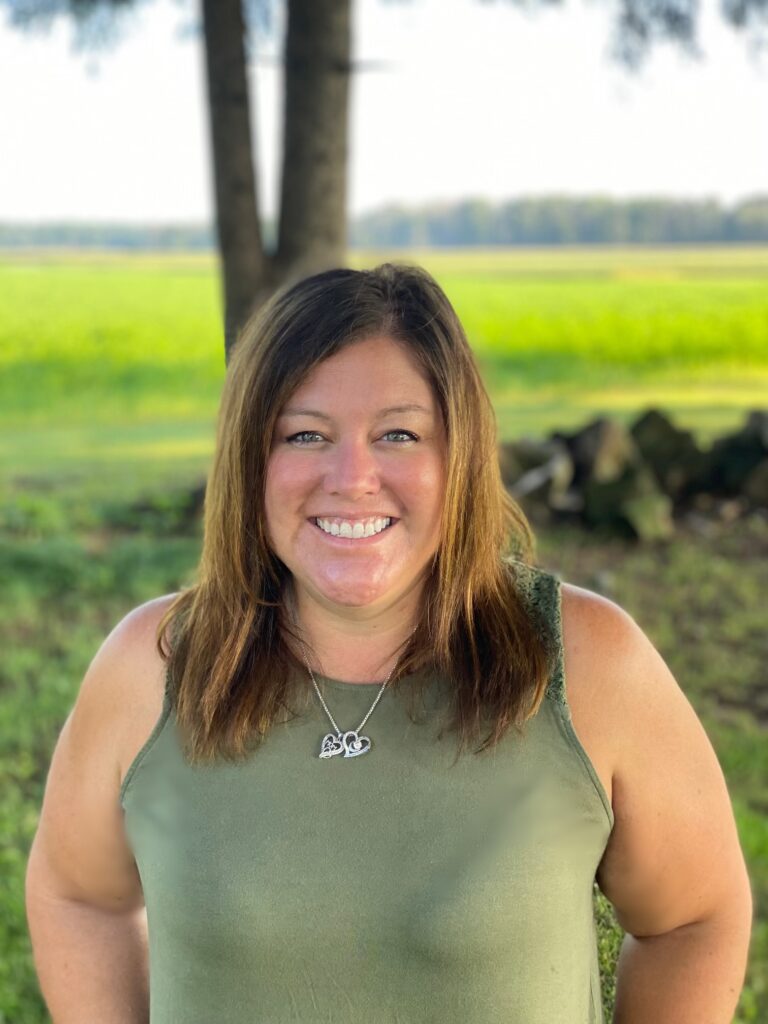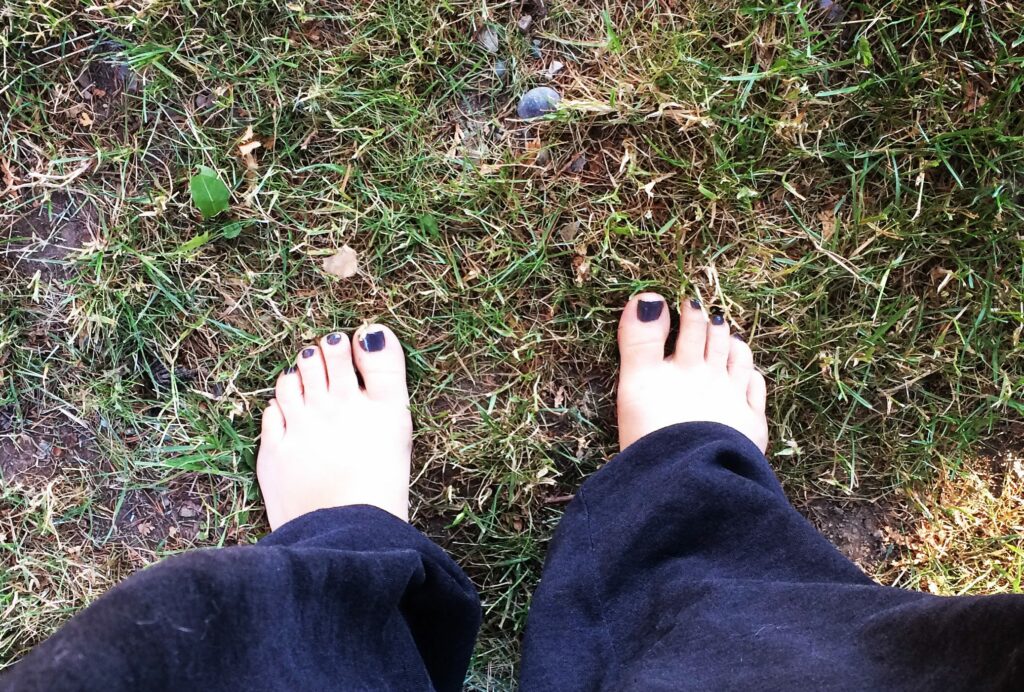Written by Dr. Elisha Cook ND

I am sure I have some of my readers rolling their eyes as they read the title of this blog. “Oh great another blog about how we shouldn’t over eat, we shouldn’t eat sugar, Halloween is the devil, and we are all doomed to diabetes if we participate”. No, this is not one of those blog, so please do not hesitate to read on.
Thanksgiving and Halloween can be particularly fun times of year. Whether it is fun in regards to the costumes or the meals/treats, I like to reflect on some other important messages we can take from this season.
Moderation
I think no “healthy Halloween” blog would be complete without mentioning moderation, but this proves the same for thanksgiving. Moderation does not simply mean do not have too much of the bad stuff. It also means do not do too much of the good stuff. What do I mean by this: it is important to recognize that, as Hippocrates once said, “It is the dose that makes the poison”. For example, if you exercise too much this can be almost as bad as not exercising enough. So, with this season, allow some indulgence, but do not overindulgence. Restrict where you need to – for example, only allow your children to have 1 treat per day – but also allow there to be some treats overall. At the end of the day, it is okay to treat ourselves.
Be Inspired
A lot of children are told during this time of year, “you can be whatever you want for Halloween, what would you like to be”. Sometimes there are restrictions, but the point still stands that you can dress the part of what you want to be. It does not mean that you turn into that character, but you can see the pride that emits from these little super heroes and princesses as they go house to house showing their costumes. I would encourage you to take the same attitude with your health. You can choose health and to be inspired. It is important that when it comes to your health, be inspired to rise above your condition and overindulge in hope. Hope can be one of the most effective treatments and increase chances of survival from many medical conditions.
Gratitude
With Thanksgiving and Halloween being so close in date, we can adopt the spirit of gratitude for both of them. Gratitude can be a family discussion during this time of year for so many reasons. Halloween is a holiday where children can often feel like they have an overabundance of candies and that is very exciting. Using these times as a teaching moment can be so powerful. Gratitude in itself can have so many health benefits which can be seen in my previous blog: http://www.naturopathicdoctorwoodstock.ca/health-benefits-of-gratitude/
At the end of this all, it is my hope that you are inspired by Halloween to keep moderation in mind, be inspired, and remain thankful. I hope you all have a safe Halloween if you celebrate!
Have you benefited from reading this blog? Know someone that would benefit as well? Share, Like, Comment, or Tweet this article, and let me know what you think.
Some of the information provided above may not be appropriate for everyone, please consult with your doctor before trying any of the above. If you are interested in Naturopathic Medicine and wanting a different approach to your health care needs, contact Dr. Elisha Cook ND by calling 226-232-7665 and book your appointment today!




